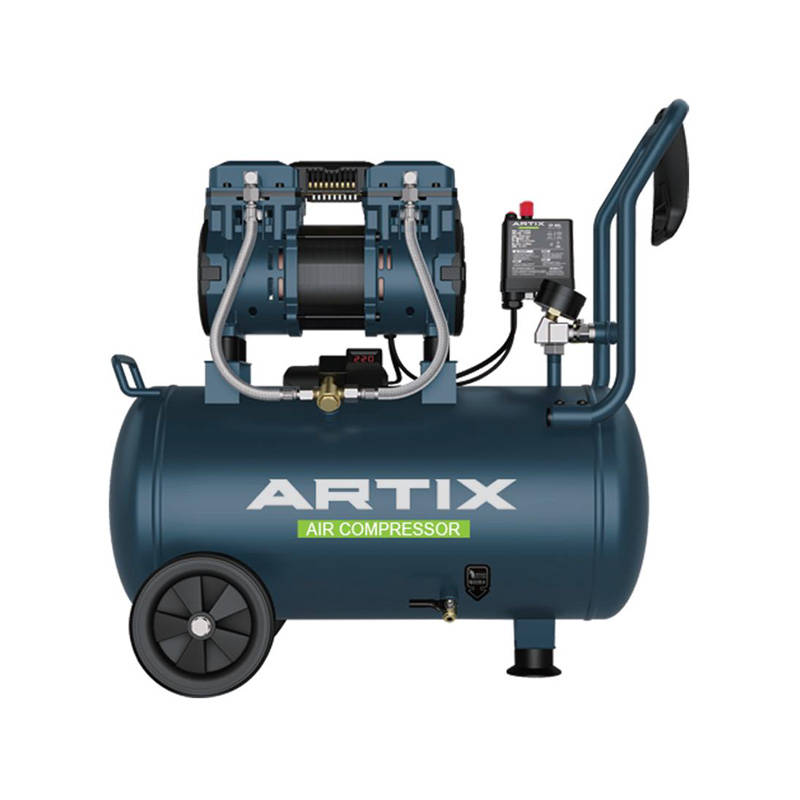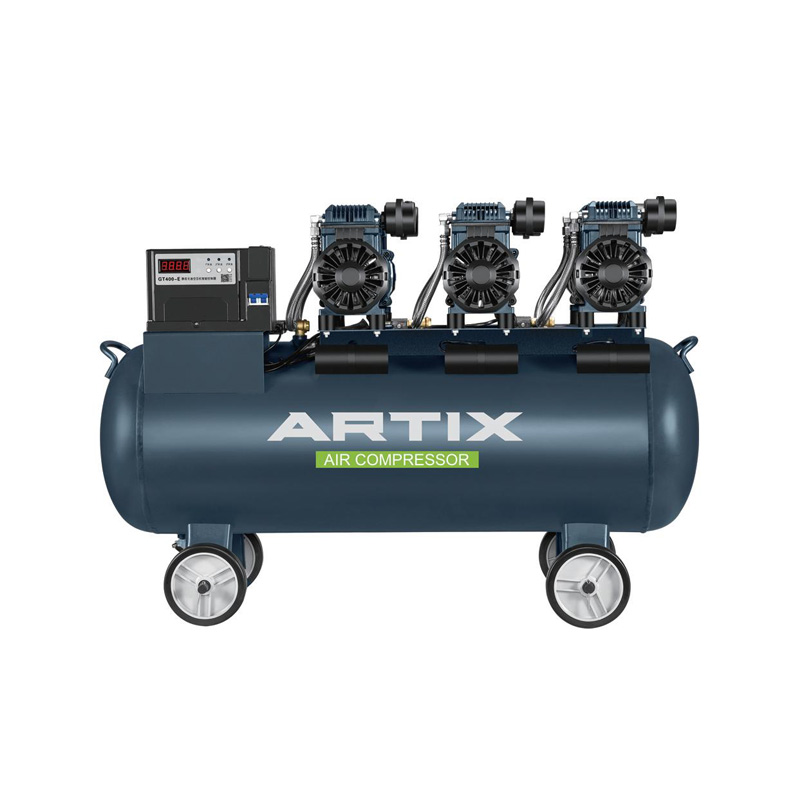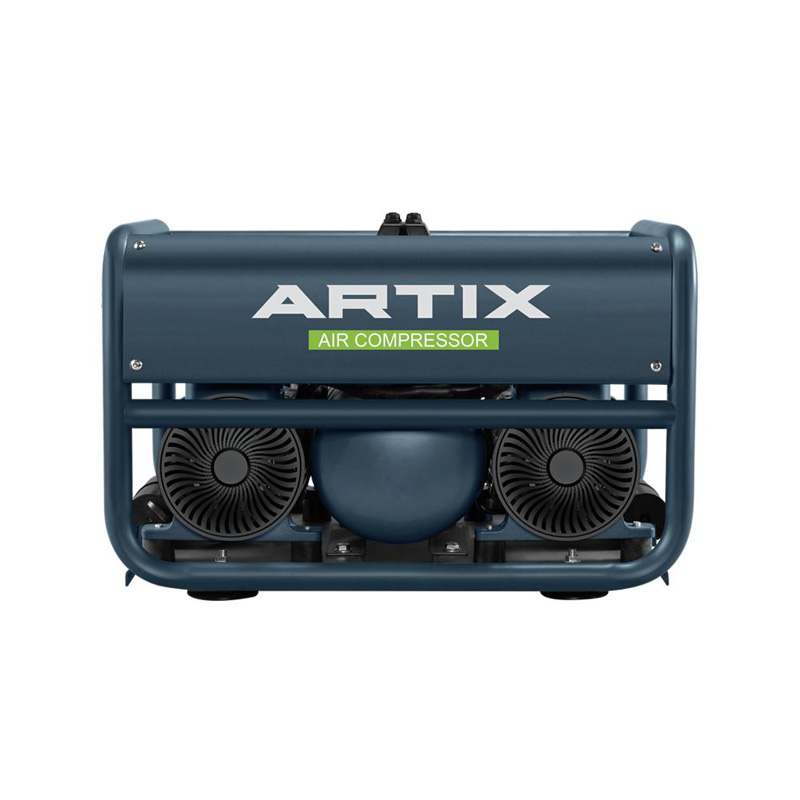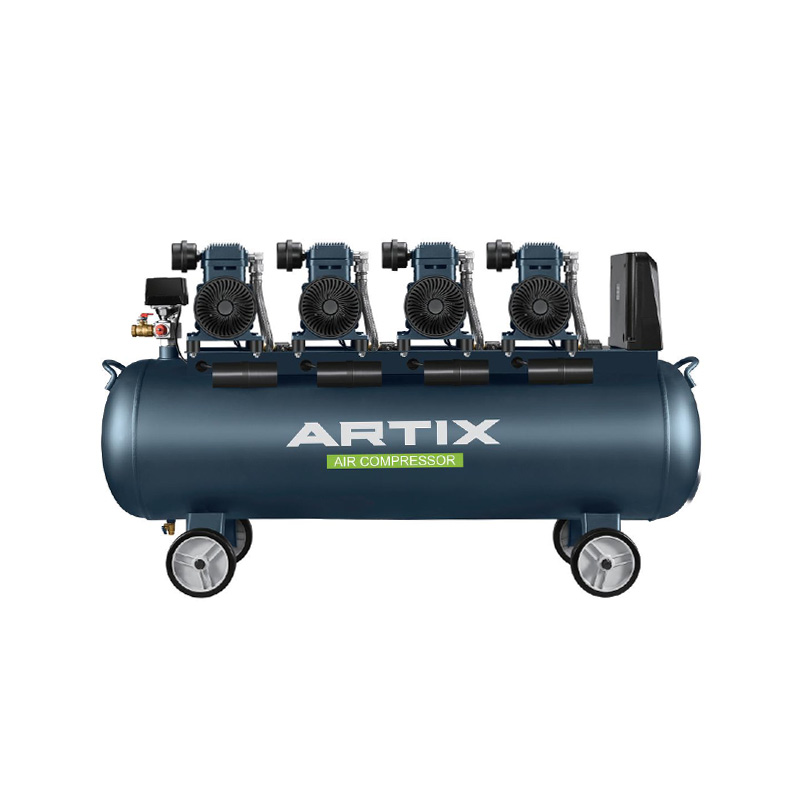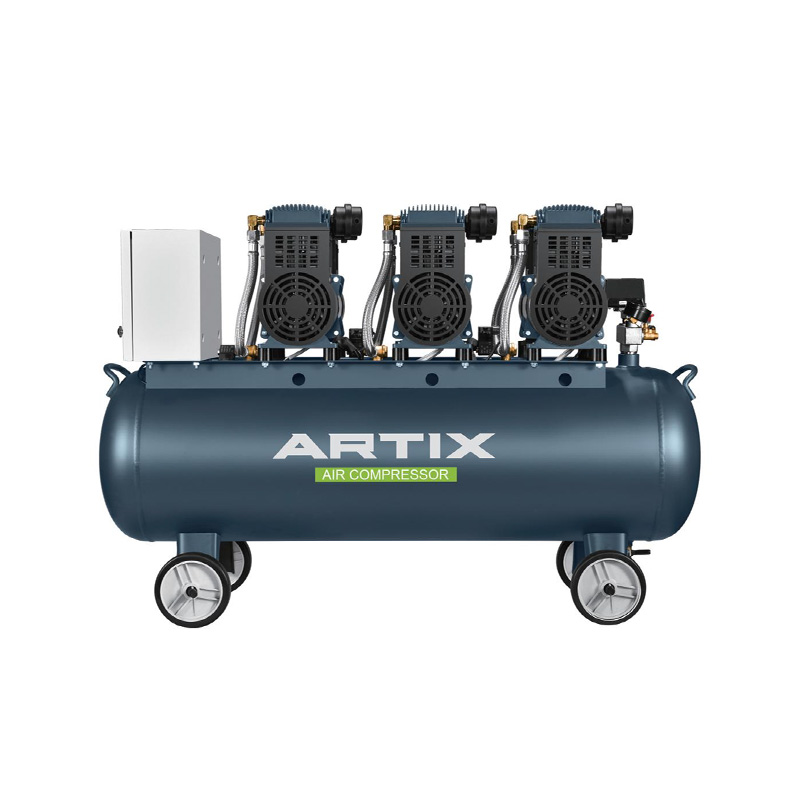In today’s industrial landscape, efficiency and reliability are critical factors when selecting compressed air systems. One of the more discussed aspects is whether oil-free air compressors truly offer maintenance-free operation. While no machine is entirely maintenance-free, advancements in technology have significantly reduced upkeep requirements for modern Industrial Oil Free Air Compressor systems.
The Evolution of Oil-Free Air Compressor Technology
Traditional lubricated compressors require regular oil changes, filter replacements, and careful monitoring to prevent contamination. In contrast, Industrial Oil Free Air Compressor units eliminate the need for oil, reducing the risk of air pollution and simplifying maintenance. These systems are particularly valuable in industries where air purity is essential, such as pharmaceuticals, food and beverage, and electronics manufacturing.
A key innovation in this field is the Direct Driven Air Compressor, which removes the need for belts or gears, further fewer wear and tear. By integrating a motor directly connected to the compression mechanism, these systems enhance energy efficiency and reduce mechanical stress, contributing to longer service life with fewer interventions.
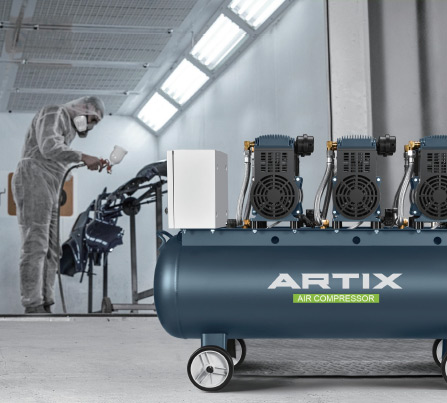
Do Oil-Free Compressors Really Require Zero Maintenance?
While oil-free air compressors significantly reduce maintenance compared to lubricated models, they are not entirely hands-off. Here’s what operators should still consider:
Air Filter Maintenance – Even without oil, dust and particulates can accumulate. Regular filter checks and replacements ensure good airflow and prevent damage.
Cooling System Inspection – Many Industrial Oil Free Air compressors rely on advanced cooling mechanisms to prevent overheating. Periodic inspection of cooling fins or fans is necessary.
Electrical Components – Like all industrial equipment, connections and wiring should be checked to avoid unexpected failures.
Condensate Drainage – Moisture buildup can still occur, requiring occasional draining to maintain performance.
General Wear and Tear – Seals, valves, and moving parts may need inspection over time, though Direct Driven Air Compressors reduce mechanical strain.
Why Choose Oil-Free and Direct Driven Systems?
Despite not being maintenance-free, modern oil-free air compressors offer substantial advantages:
Cleaner Air Output – Critical for industries with strict air purity standards.
Lower Long-Term Costs – No oil changes mean reduced consumable expenses.
Energy Efficiency – Direct Driven Air Compressors minimize energy loss from belt friction, improving sustainability.
Reduced Downtime – Fewer mechanical parts mean fewer failure points, enhancing reliability.
Applications Where Oil-Free Technology Shines
Industries that benefit from Industrial Oil Free Air Compressor systems include:
Medical & Pharmaceutical – Contamination-free air is mandatory for sterile environments.
Food & Beverage – Oil-free air prevents product spoilage and meets safety regulations.
Electronics Manufacturing – Eliminates the risk of oil vapor damaging sensitive components.
Meanwhile, Direct Driven Air Compressors are ideal for operations seeking compact, energy-efficient solutions with fewer vibrations and noise.
While no air compressor is entirely maintenance-free, modern oil-free air compressors and Direct Driven Air Compressors have drastically reduced upkeep demands. By eliminating oil-related maintenance and optimizing mechanical design, these systems offer a compelling balance of performance, reliability, and cost savings.
For businesses prioritizing clean, efficient, and low-maintenance compressed air solutions, investing in an Industrial Oil Free Air Compressor or a Direct Driven Air Compressor is a forward-thinking choice. Regular but simplified maintenance ensures these systems deliver peak performance for years, making them a smart long-term investment.
